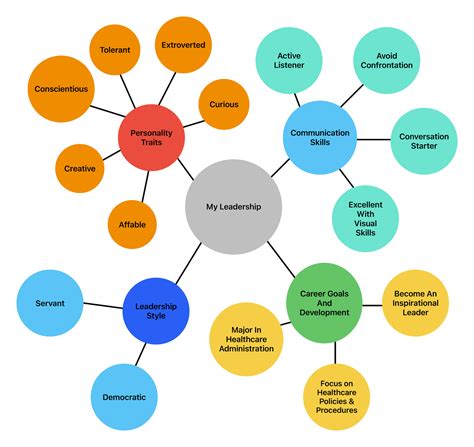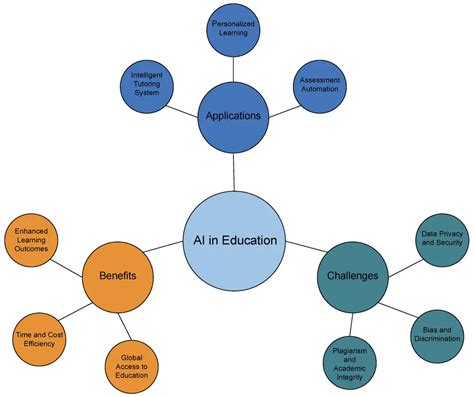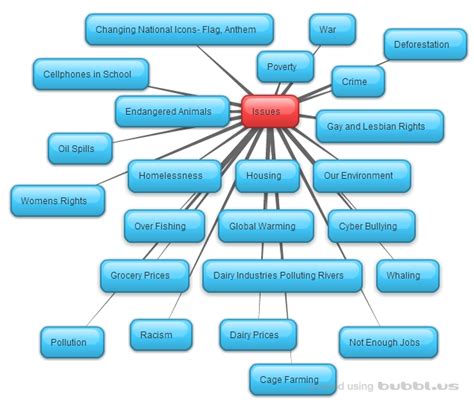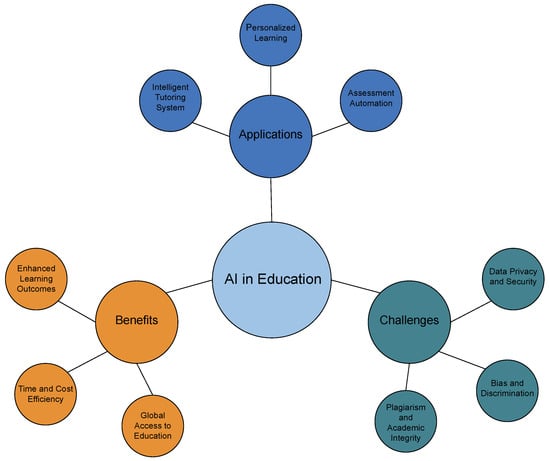Mastering online learning can be a challenge, but applying proven psychological research methods can significantly improve study effectiveness and help retain information for long-term success. By leveraging insights from cognitive science, learners can optimize their study habits and enhance their educational experience. This article explores 10 powerful strategies rooted in psychological research, including cognitive load theory, spaced repetition, metacognition, and active learning. These techniques are designed to help students manage mental effort, reinforce knowledge, and stay engaged in their studies. Whether you’re new to online learning or looking to improve your current approach, understanding and applying these methods can lead to better outcomes and sustained academic achievement.
Come join hotigames.com in exploring this topic extensively.
1. Cognitive Load Theory and Its Application in Online Learning
Cognitive Load Theory (CLT) explains how our brain processes information, emphasizing the need to balance mental effort to optimize learning. According to CLT, our working memory has a limited capacity, and when overwhelmed with too much information, learning becomes less effective. This is particularly relevant in online learning, where students may encounter vast amounts of content without proper structure.
To apply CLT in online learning, it’s essential to break down complex information into manageable chunks, ensuring students aren’t overloaded with unnecessary details. Using multimedia tools like diagrams, videos, and infographics can also help reduce cognitive load by presenting information in more digestible formats. Additionally, organizing lessons in a progressive manner, starting with basic concepts and gradually moving to more complex topics, allows learners to build on their existing knowledge without overwhelming their working memory. By managing cognitive load effectively, students can enhance comprehension, reduce frustration, and improve overall learning outcomes in online environments.

2. Spaced Repetition for Long-Term Memory Retention
Spaced repetition is a learning technique rooted in psychological research, designed to improve long-term memory retention by spreading out study sessions over time. This method takes advantage of the brain’s natural forgetting curve by reviewing material at increasing intervals, which helps reinforce knowledge just as it’s beginning to fade from memory.
In the context of online learning, spaced repetition can be implemented using digital tools and apps like Anki or Quizlet, which automatically schedule reviews based on individual performance. Instead of cramming all information in one sitting, students revisit key concepts periodically, allowing them to consolidate what they’ve learned into long-term memory more effectively.
By gradually increasing the intervals between reviews, spaced repetition strengthens neural connections, making it easier to recall information during exams or practical applications. This method is particularly useful for subjects that require memorization, such as vocabulary, formulas, or historical dates.
To apply spaced repetition effectively, learners should create a schedule that revisits material shortly after the initial exposure, followed by subsequent reviews after longer gaps. The technique not only enhances memory retention but also helps reduce the anxiety and mental fatigue associated with last-minute studying, making it a powerful strategy for mastering complex subjects over time in online learning environments.

3. The Role of Metacognition in Self-Regulated Learning
Metacognition refers to the awareness and control of one’s own learning process, playing a crucial role in self-regulated learning. It involves understanding how you learn best, monitoring your progress, and making adjustments to improve study habits and outcomes. In the context of online learning, where students often have greater responsibility for managing their time and resources, metacognitive skills are essential for success.
Students who practice metacognition are able to set clear learning goals, assess their understanding of material, and identify which strategies are working and which are not. For instance, a student might recognize that they understand a concept better through visual aids rather than reading dense text, and adjust their study approach accordingly.
To enhance metacognition, online learners can regularly self-assess their performance by asking questions like, “Do I truly understand this concept?” or “What can I do differently to improve my learning?” These reflective practices encourage deeper engagement with the material, helping students become more effective, independent learners, ultimately leading to better retention and academic success.

4. The Testing Effect for Reinforcing Knowledge
The testing effect is a psychological phenomenon where regularly testing oneself on learned material leads to stronger retention than simply reviewing or rereading the information. This method of active recall has been shown to significantly improve memory and understanding, making it a powerful tool for reinforcing knowledge in online learning environments.
Unlike passive review, where students may feel they understand the material but are merely recognizing information, testing requires the brain to actively retrieve information, which strengthens neural connections and deepens learning. Online learners can use quizzes, flashcards, or practice exams to harness the testing effect. Digital platforms like Kahoot or Google Forms allow learners to create self-tests, offering an interactive way to engage with the material.
Incorporating frequent low-stakes quizzes throughout a study routine, rather than saving all testing for final exams, helps students identify gaps in their understanding early. This way, they can focus on areas that need improvement before the material is forgotten. The testing effect also reduces overconfidence, as learners get a clearer sense of what they truly know versus what they only think they know.
By using the testing effect, students reinforce their knowledge in a way that promotes long-term retention, ultimately leading to more successful outcomes in their online learning experience.
5. Active Learning Techniques to Enhance Engagement
Active learning techniques involve engaging with the material in a dynamic way, rather than passively absorbing information. In online learning, this approach can significantly enhance engagement and improve retention. Methods such as discussions, problem-solving exercises, and hands-on activities push students to interact with the content, leading to deeper understanding.
For example, instead of merely watching a recorded lecture, students can participate in online discussion forums, complete interactive assignments, or collaborate on group projects. These activities encourage learners to apply concepts in real-time, reinforcing their understanding through practice.
Another effective technique is the “teach-back” method, where students explain the material to others. This forces them to organize their thoughts and identify gaps in their knowledge. Tools like discussion boards, breakout rooms, and peer reviews facilitate these interactions in online environments.
By actively participating, learners stay mentally engaged, making the study process more enjoyable and productive. Ultimately, active learning techniques help students retain information longer and foster a deeper connection to the subject matter.
6. The Importance of Retrieval Practice in Study Success
Retrieval practice, the act of recalling information from memory, is a powerful technique that enhances study success by strengthening memory and improving long-term retention. This method involves actively retrieving information rather than passively reviewing it, which reinforces neural pathways and makes the information more accessible in the future.
In online learning, incorporating retrieval practice can be achieved through various strategies such as self-quizzing, summarizing key points, or using flashcards. For instance, after studying a chapter, students can test themselves on the main concepts or use digital tools to create quizzes that prompt them to recall the material.
Regular retrieval practice helps students gauge their understanding, identify knowledge gaps, and solidify learning. It also aids in transferring information from short-term to long-term memory by repeatedly challenging the brain to retrieve and apply knowledge.
Incorporating retrieval practice into study routines can lead to more effective learning outcomes and better performance on assessments. By making retrieval a regular part of the learning process, students can enhance their ability to remember and utilize information, ultimately contributing to their overall academic success.
Retrieval practice, the act of recalling information from memory, is a powerful technique that enhances study success by strengthening memory and improving long-term retention. This method involves actively retrieving information rather than passively reviewing it, which reinforces neural pathways and makes the information more accessible in the future.
In online learning, incorporating retrieval practice can be achieved through various strategies such as self-quizzing, summarizing key points, or using flashcards. For instance, after studying a chapter, students can test themselves on the main concepts or use digital tools to create quizzes that prompt them to recall the material.
Regular retrieval practice helps students gauge their understanding, identify knowledge gaps, and solidify learning. It also aids in transferring information from short-term to long-term memory by repeatedly challenging the brain to retrieve and apply knowledge.
Incorporating retrieval practice into study routines can lead to more effective learning outcomes and better performance on assessments. By making retrieval a regular part of the learning process, students can enhance their ability to remember and utilize information, ultimately contributing to their overall academic success.
hotigames.com
